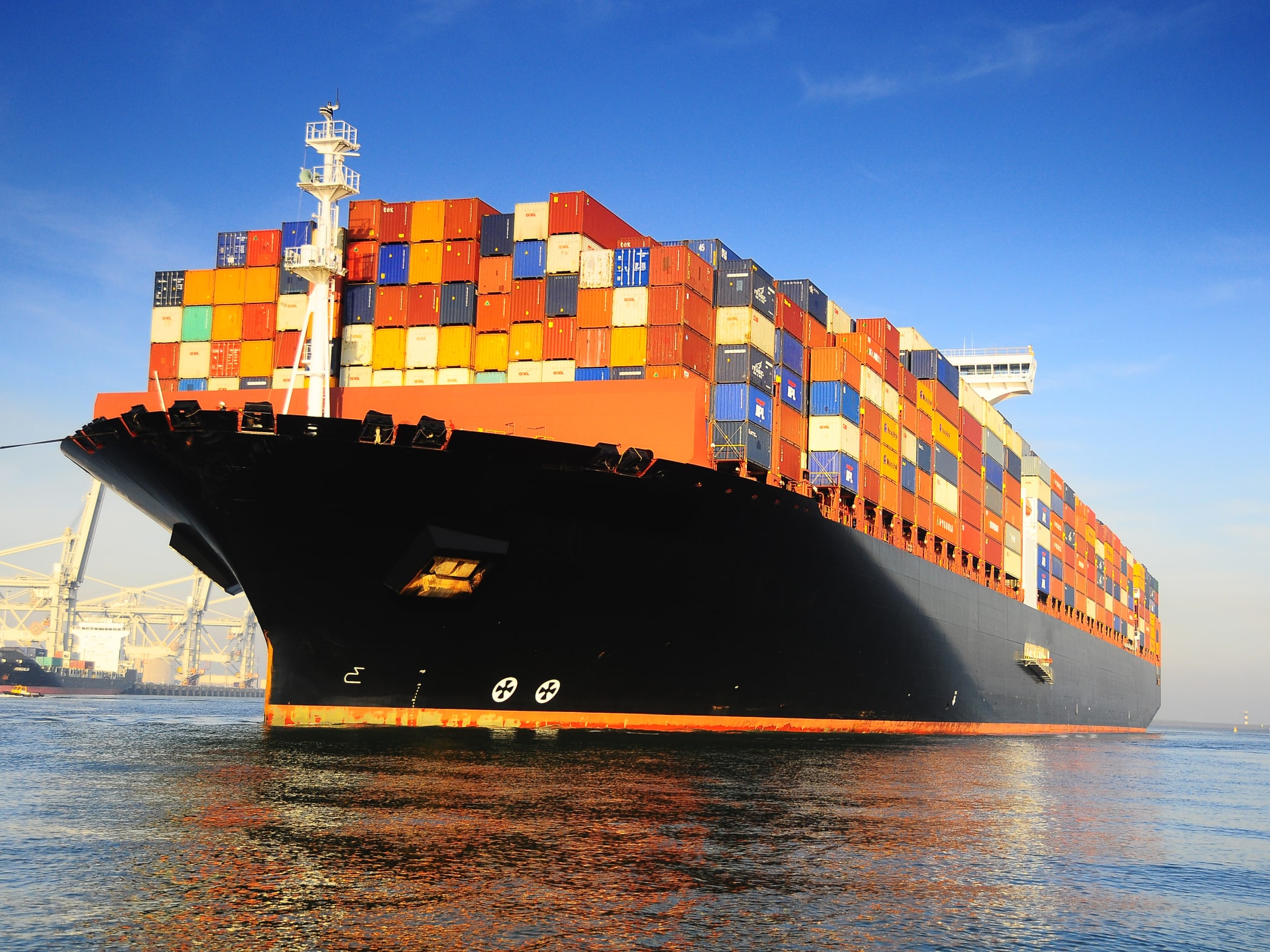Global trade has changed dramatically with the rise of e-commerce and demand for
faster, more efficient supply chains. For businesses that don’t always ship full containers,
Less than Container Load (LCL) logistics services offer an affordable and flexible
alternative. Instead of paying for unused container space, multiple shippers share one
container, reducing costs and ensuring smoother deliveries.
This method, known as LCL consolidation, has become essential for small and medium-
sized businesses as well as e-commerce players who need cost efficiency, flexibility, and
reliable delivery from port to customer doorstep.
What is LCL Consolidation?
LCL consolidation is the process of grouping cargo from multiple shippers into one
container. A freight forwarder collects goods, sorts them at a warehouse or Container
Freight Station (CFS), and loads them securely. Once the container arrives at the
destination port, the cargo is unpacked, cleared through customs, and delivered to final
recipients.
The benefit? Businesses don’t need to wait until they can fill a whole container, making
global shipping more accessible.
LCL Cost Savings: Why It Matters
One of the strongest advantages of LCL logistics services is cost savings.
Pay only for space used: No wasted money on half-empty containers.
Lower inventory costs: Frequent smaller shipments reduce the need for large storage
facilities.
Better cash flow: Companies avoid locking up capital in bulk orders.
Competitive rates: Shared containers make ocean freight cheaper than sending
multiple small air shipments.
For growing businesses, these LCL cost savings make international trade far more
sustainable.
The Role of LCL in E-Commerce Logistics
E-commerce businesses face unique challenges—unpredictable demand, fast-changing
trends, and customer expectations for quick delivery. This is where LCL in e-commerce
logistics plays a game-changing role:
Inventory Flexibility: Retailers can import smaller quantities more frequently,
reducing overstocking risks.
Accessibility for SMEs: Startups and small retailers can source globally without
bearing the expense of FCL.
Faster Market Response: LCL shipments allow quicker replenishment, helping
businesses react to seasonal or sudden demand spikes.
Multi-destination shipping: Retailers can split shipments across warehouses or
fulfillment centers, improving last-mile delivery speed.
LCL has become a lifeline for e-commerce sellers aiming to stay competitive without
inflating logistics costs.
Smoothening the LCL Customs Clearance Process
A major concern with shared containers is the complexity of customs clearance. Multiple
shippers mean multiple sets of documents and product categories. However, logistics
partners simplify LCL customs clearance by:
Verifying invoices, packing lists, and compliance documents before shipping.
Filing consolidated customs entries under one master bill of lading.
Handling duties, taxes, and product classification.
Offering real-time digital updates for transparency.
With professional support, businesses minimize delays, avoid penalties, and ensure their
shipments reach customers without unnecessary bottlenecks.
The Port-to-Door Journey of LCL
Here’s how the LCL logistics process typically works:
Pickup & Consolidation – Cargo collected from shippers is packed at a consolidation
warehouse.
Ocean Transit – Goods are shipped in a shared container.
Deconsolidation – On arrival, shipments are separated at the destination port.
Customs Clearance – Freight forwarders manage compliance and duties.
Final Delivery – Shipments are delivered to warehouses, retail outlets, or directly to
customers.
This seamless “port-to-door” journey reduces complexity for shippers while maintaining
cost efficiency.
Challenges of LCL Shipping
While LCL offers many advantages, businesses should be aware of potential challenges:
Slightly longer transit times due to consolidation and deconsolidation.
Cargo handling risks since goods are moved more often.
Documentation complexity from multiple shippers.
Capacity issues during peak seasons when space is limited.
These can be overcome with early planning, strong packaging, and working with
experienced freight forwarders.
Why LCL is the Future of Global Trade
As supply chains shift toward smaller, more frequent shipments, LCL logistics services
are becoming more important than ever. They combine LCL cost savings with the
flexibility needed in e-commerce logistics while addressing challenges like LCL customs
clearance.
With digital tracking, better freight visibility, and smarter customs processes, LCL
shipping is no longer just a backup for FCL—it’s a strategic advantage for businesses
seeking global reach.
Conclusion
From port to door, LCL consolidation makes global deliveries seamless, affordable, and
efficient. By paying only for the space they need, businesses gain cost savings, supply
chain flexibility, and access to international markets without the burden of full-container
commitments.
For e-commerce and small businesses especially, LCL is not just a shipping method—it’s
the future of global logistics.



